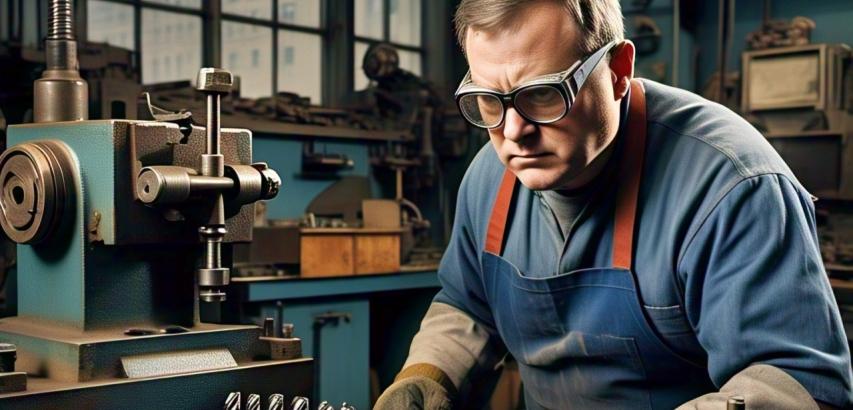Cobalt drill bits, renowned for their exceptional hardness and heat resistance, are essential for drilling tough materials like stainless steel and cast iron. Shaping thick cobalt drill bits involves meticulous processes to preserve their structural integrity and performance. Here's an in-depth look at their manufacturing:
Material Composition
Cobalt Alloy: Typically made from M35 or M42 high-speed steel (HSS) with 5–8% cobalt. This enhances "red hardness," allowing the bit to retain sharpness at high temperatures (up to 1,100°F/600°C).
Thick Design: Larger diameters (e.g., ½" or above) require robust machining to handle increased torque and stress.
Shaping Process
Forging or Machining
Forging: Heated cobalt alloy is hammered/pressed into a rough shape, aligning grain structure for strength.
CNC Machining: Computer-controlled lathes carve precise flutes (spiral grooves) and point geometry.
Flute Design
Spiral Flutes: Optimized for chip removal and cooling. Thicker bits may have wider/deeper flutes to manage debris in heavy-duty drilling.
Point Angle: Ground to 135° for hard metals (vs. 118° for softer materials), reducing "walking" and improving penetration.
Grinding
Abrasive Wheels: Diamond-coated or cubic boron nitride (CBN) wheels sharpen edges with micron-level precision.
Coolant Use: Prevents overheating, which could soften the cobalt alloy.
Heat Treatment
Austenitizing: Heated to ~2,200°F (1,200°C) to dissolve carbides into the matrix.
Quenching: Rapid cooling in oil or air hardens the steel.
Tempering: Reheated to 1,000°F (540°C) to reduce brittleness while maintaining hardness (65–70 HRC).
Coating & Finishing
TiN (Titanium Nitride): Gold-colored coating adds wear resistance and reduces friction.
Black Oxide: Improves corrosion resistance and minor lubricity.
Polishing: Smooths surfaces to minimize heat buildup during drilling.
Quality Control
Hardness Testing: Rockwell testers ensure compliance with HRC standards.
Straightness Checks: Laser alignment tools verify no warping.
Performance Testing: Drilling trials on hardened steel to assess edge retention and heat resistance.
Applications
Industrial Use: Drilling hardened steel, cast iron, and titanium in aerospace/automotive sectors.
Masonry: Thick cobalt bits with carbide tips for concrete/tile.
Challenges in Shaping Thick Bits
Heat Management: Thick bits generate more friction; precise cooling is critical.
Tool Wear: High cobalt content accelerates wear on machining tools.
Structural Integrity: Ensuring uniform hardness in thicker cross-sections.
Shaping thick cobalt drill bits blends advanced metallurgy, precision engineering, and rigorous quality control. These bits excel in demanding applications, offering longevity and efficiency where standard bits fail. By mastering heat treatment, geometry, and coatings, manufacturers deliver tools that empower industries to tackle the toughest materials with confidence.
 |  |  |
